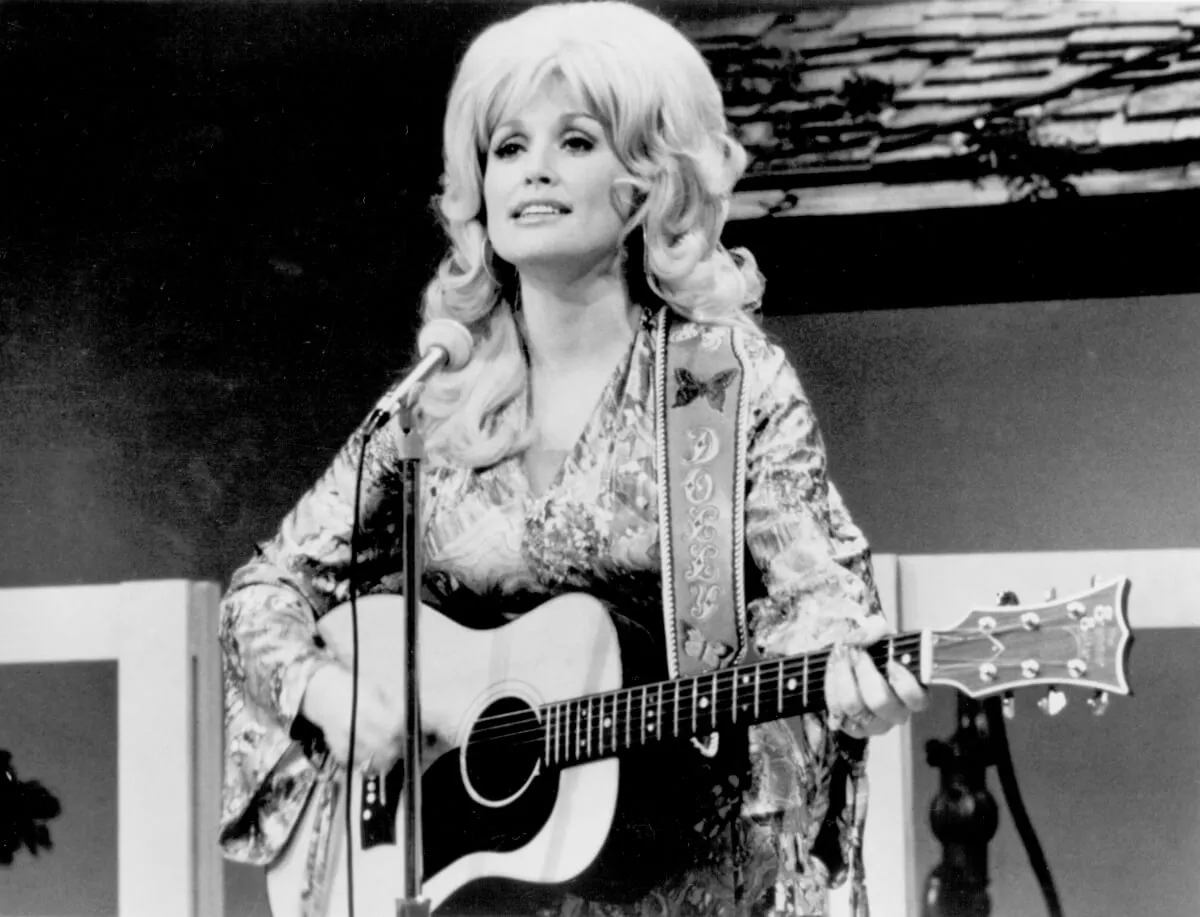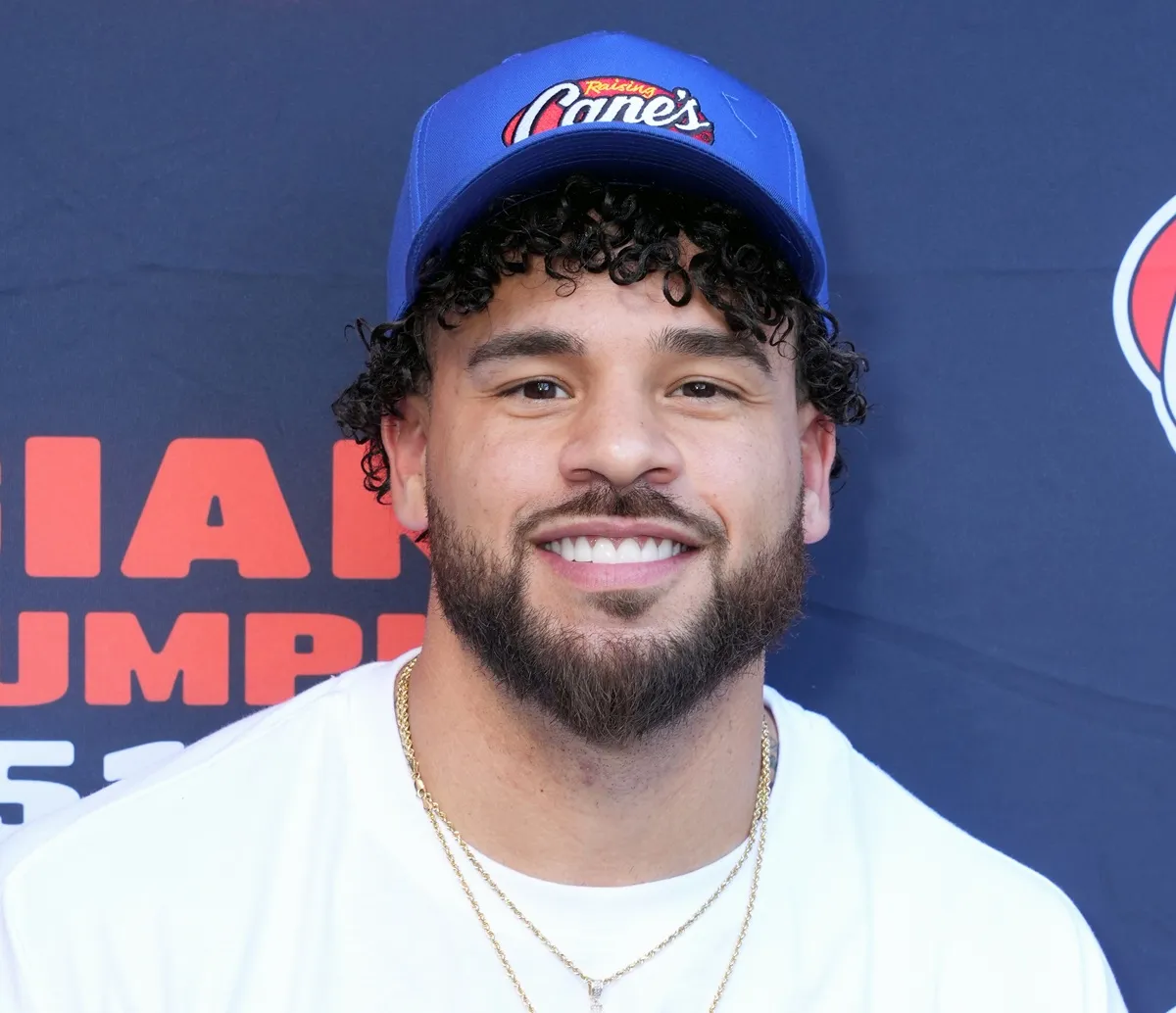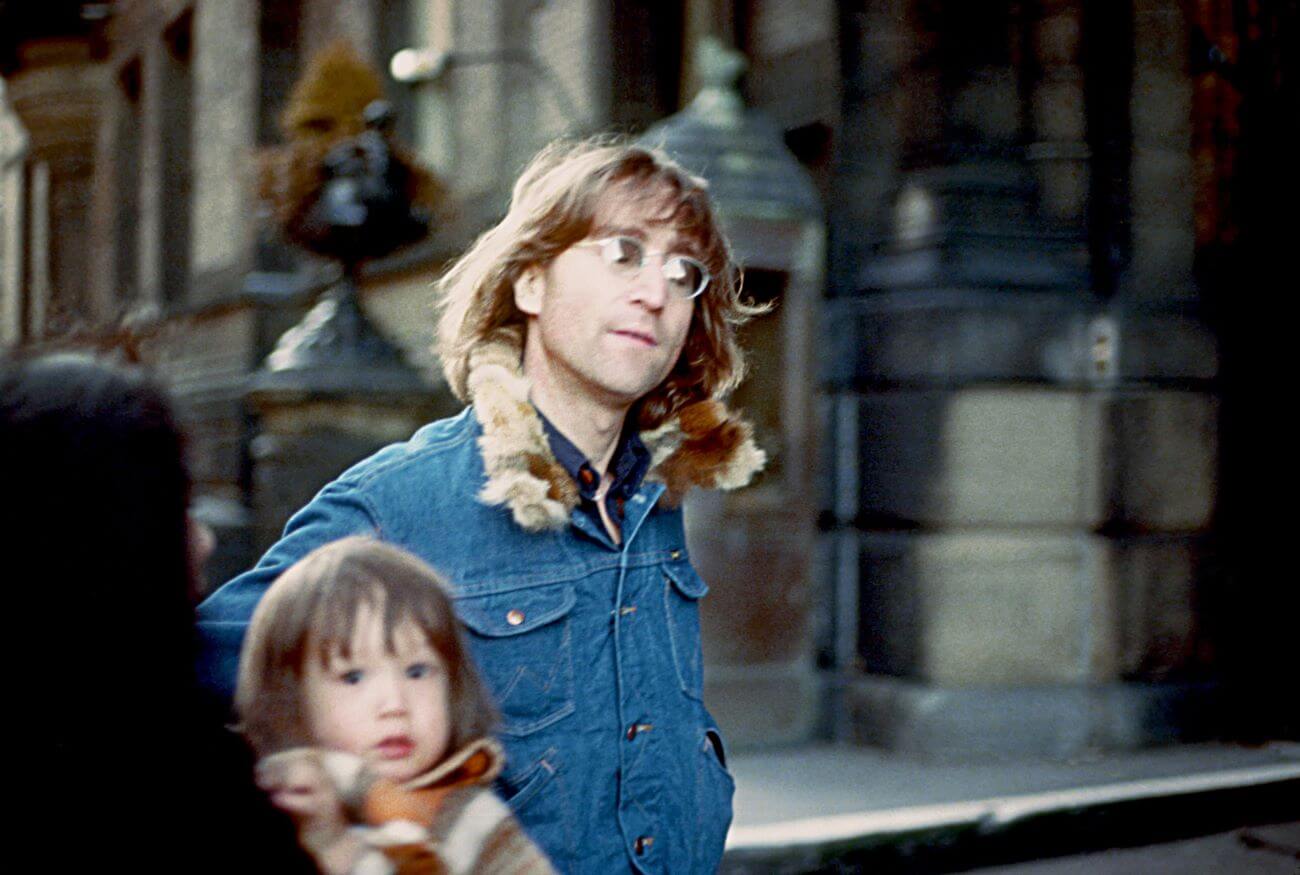
John Lennon Didn’t Tell His Son Anything About The Beatles
When John Lennon’s second son, Sean, was born in 1975, his father had been one of the most famous people in the world for well over a decade. While The Beatles had announced their breakup in 1970, public interest in a reunion hadn’t waned. They were still a globally beloved band. Still, Sean knew very little about this. Lennon explained that he never talked about the band to his son. He never even played their records around the house. Lennon explained the straightforward reason why he avoided the subject.
John Lennon avoided talking about The Beatles around his son
Lennon’s first son, Julian, grew up in the midst of Beatlemania — it was impossible for him not to notice his father’s fame. Sean, however, was born after the band broke up. Lennon said he didn’t see why it was necessary to talk about his former band with his younger child.
“I haven’t said anything. Beatles were never mentioned to him,” Lennon told Playboy in 1980. “There was no reason to mention it; we never played Beatle records around the house, unlike the story that went around that I was sitting in the kitchen for the past five years, playing Beatle records and reliving my past like some kind of Howard Hughes. He did see Yellow Submarine at a friend’s, so I had to explain what a cartoon of me was doing in a movie.”
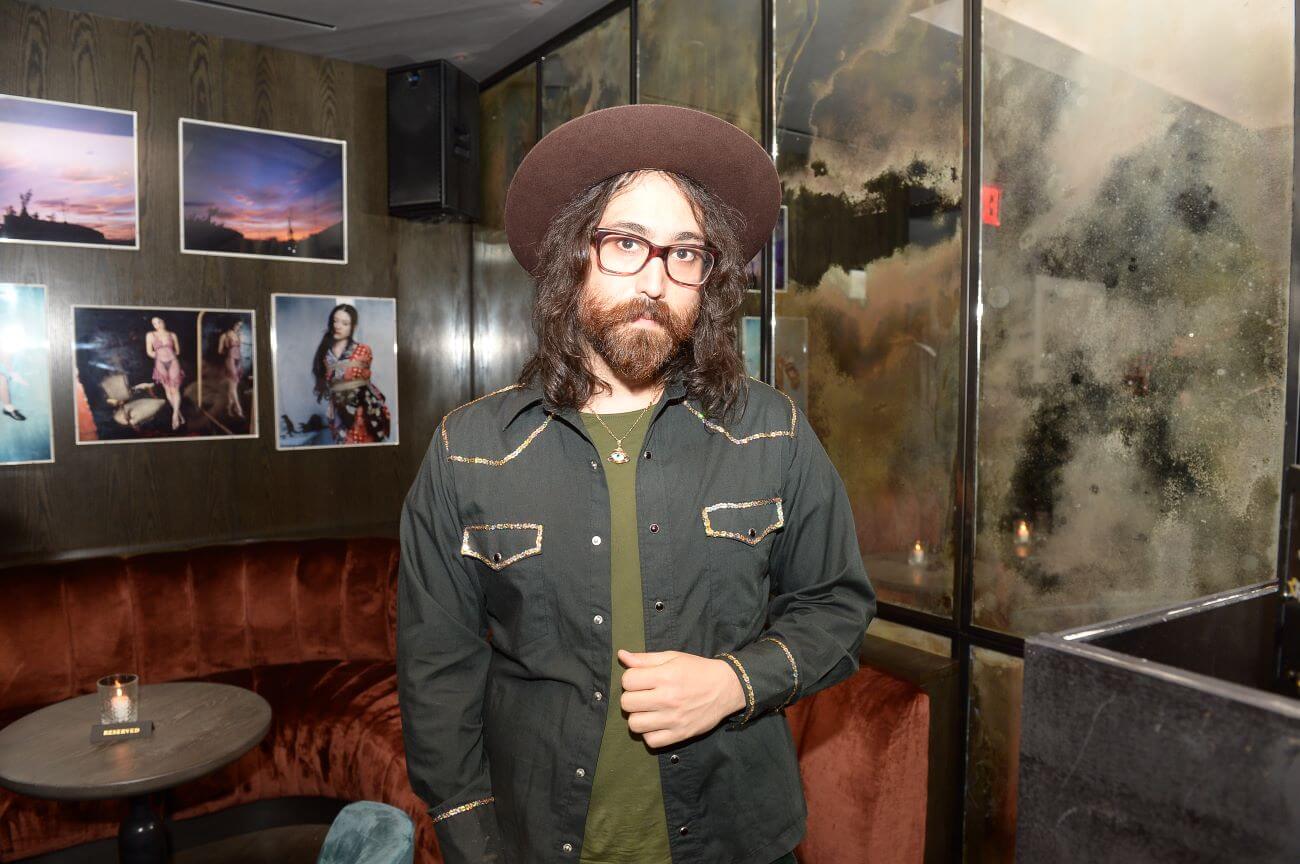
Still, Sean had a vague, if not entirely accurate, idea of who The Beatles were.
“He doesn’t differentiate between the Beatles and Daddy and Mommy,” Lennon explained. “He thinks Yoko was a Beatle too.”
Lennon preferred to play the music he grew up with for his young son.
“I don’t have Beatle records on the jukebox he listens to,” he said. “He’s more exposed to early rock’ n’ roll. He’s into ‘Hound Dog.’ He thinks it’s about hunting.”
John Lennon’s son admitted to living off the Beatles’ money
Like his father and older brother, Sean became a musician when he grew up. While he found some success, he admitted that most of his wealth came from his connection to The Beatles.
“I’m very lucky in that I don’t have to worry about money, simply from the inheritance,” he told Rolling Stone. “I inherited the [song] publishing, so I make money from the Beatles’ stuff. That’s where my bread and butter comes from.”
He didn’t think this was a problem. It would only become one if he didn’t use his privilege to bring about something positive.
“What would be wrong is if I used that for the wrong reasons,” he said. “I just want to do right by my privileges. And I feel like I have to take advantage of those privileges, in order to honor the situation. If I ignore them and rebel against them, which I wanted to do in the past – ‘I don’t want any money, I don’t want any privileges, I just want to be like everybody else’ – that wouldn’t be the right decision. If you’re in a privileged position in society, it’s good to honor that position and take advantage of it to change things positively.”
George Harrison took a similar tactic with his child
While Lennon’s decision not to speak about The Beatles to Sean may seem surprising, George Harrison employed a similar approach in raising his son, Dhani. Dhani only realized his father was in The Beatles because of his classmates.
“I came home one day from school after being chased by kids singing ‘Yellow Submarine,’ and I didn’t understand why,” Dhani said, per the book George Harrison: Behind the Locked Door by Graeme Thomson. “It just seemed surreal: why are they singing that song to me?”
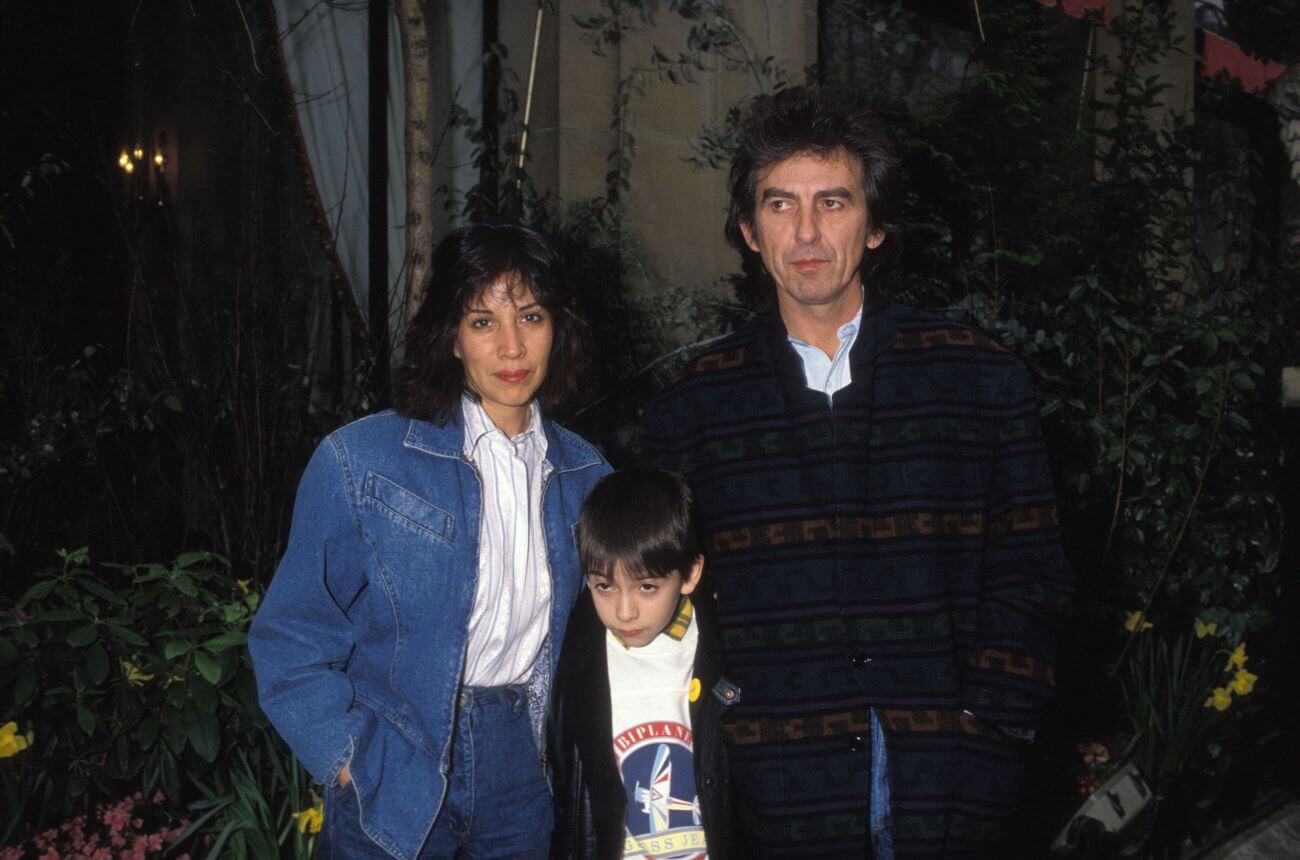
When Dhani confronted him about it, Harrison was unperturbed.
“I came home, and I freaked out on my dad: ‘Why didn’t you tell me you were in The Beatles?’ And he said, ‘Oh, sorry. Probably should have told you that.'”
